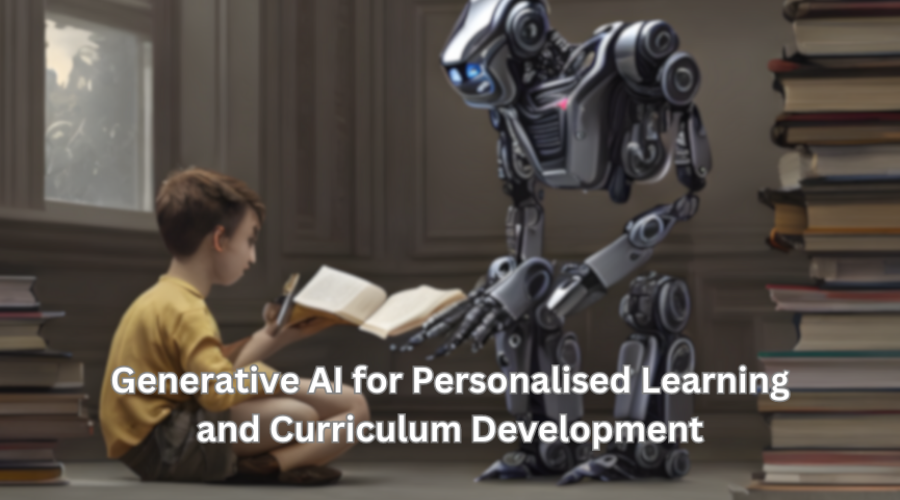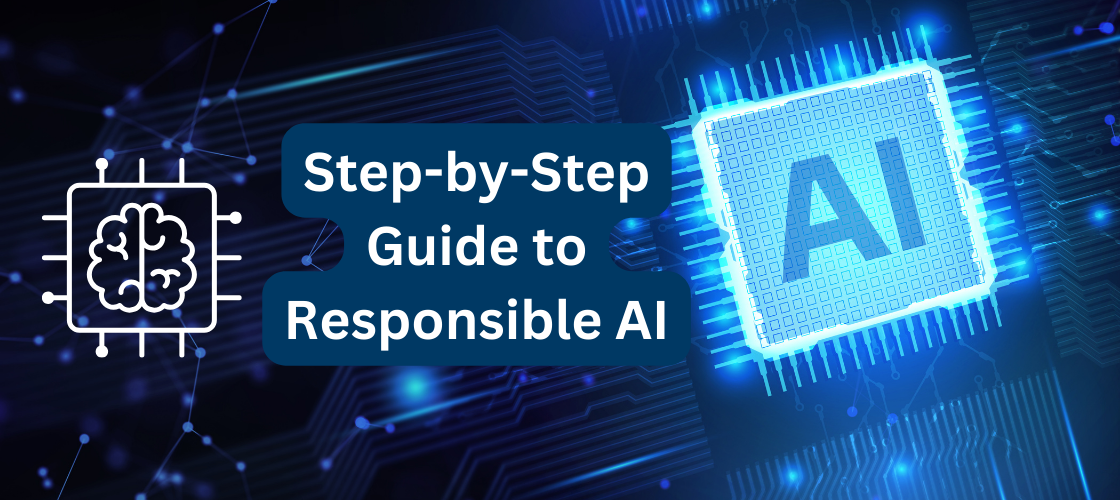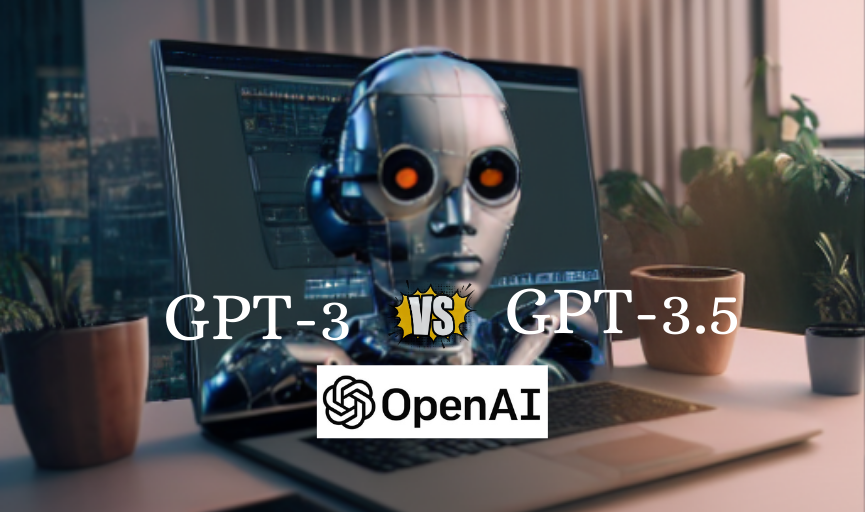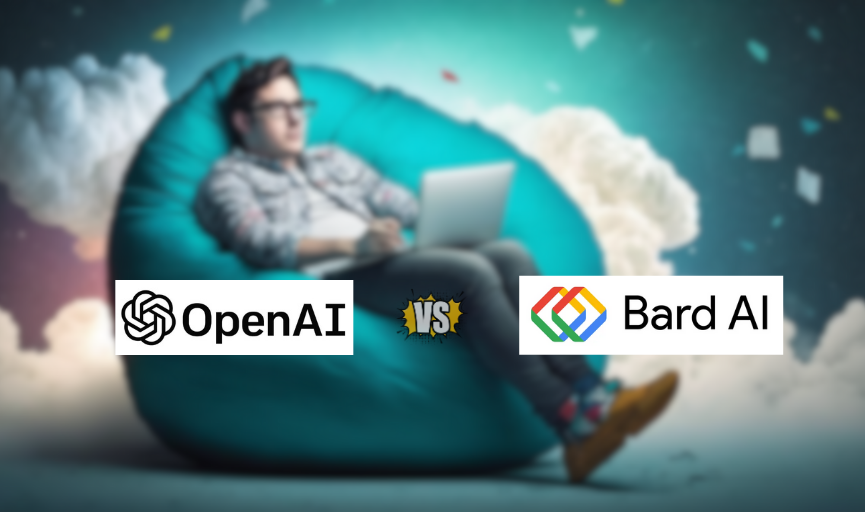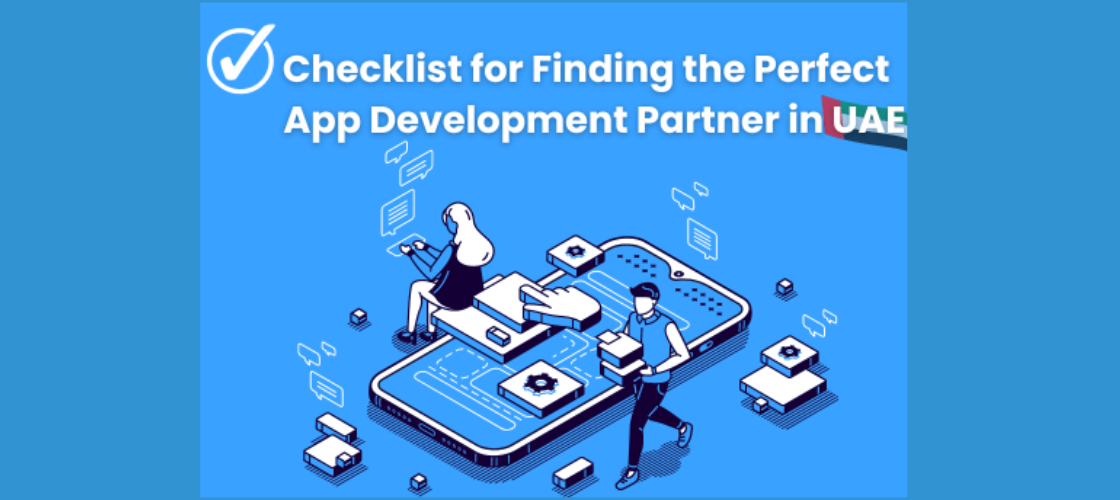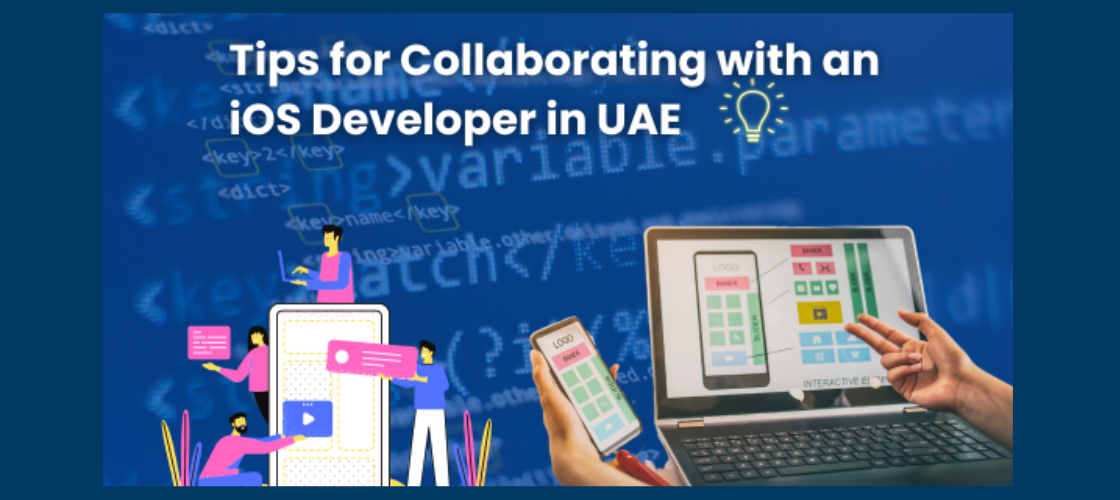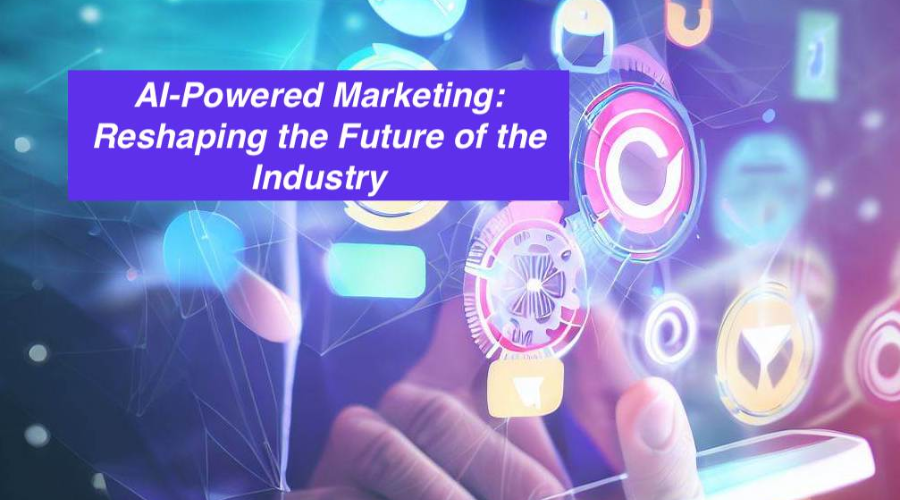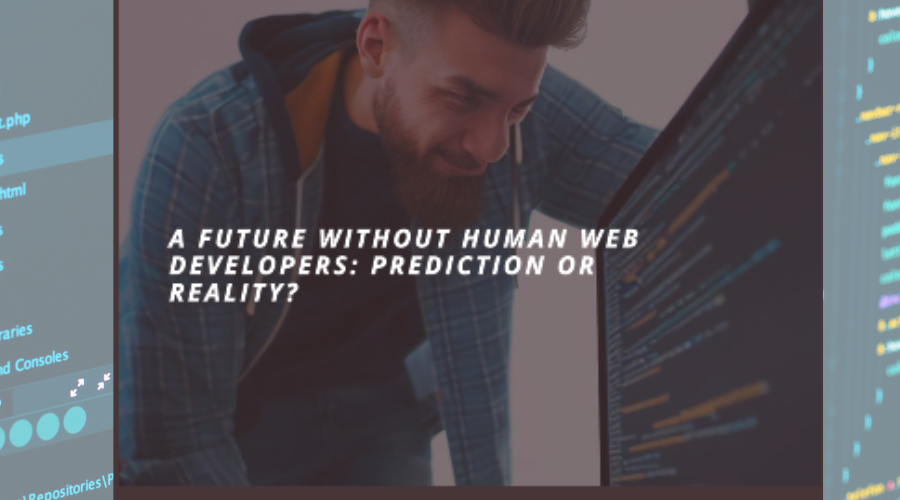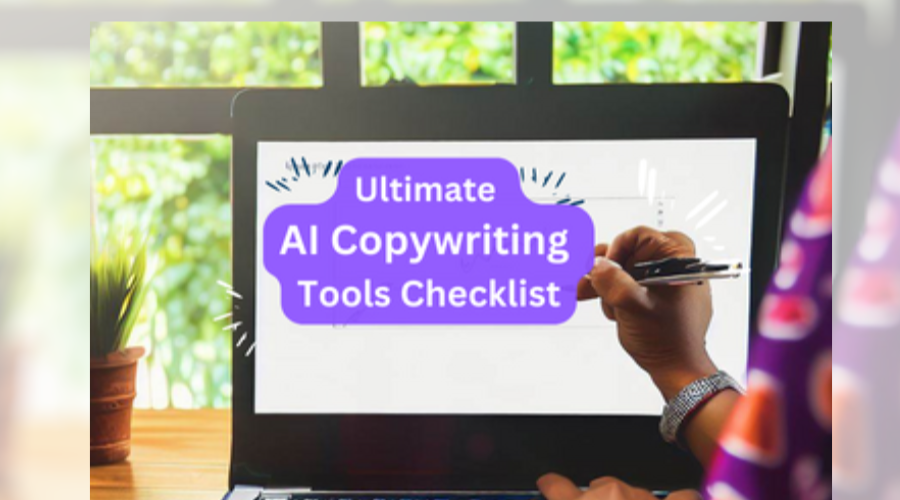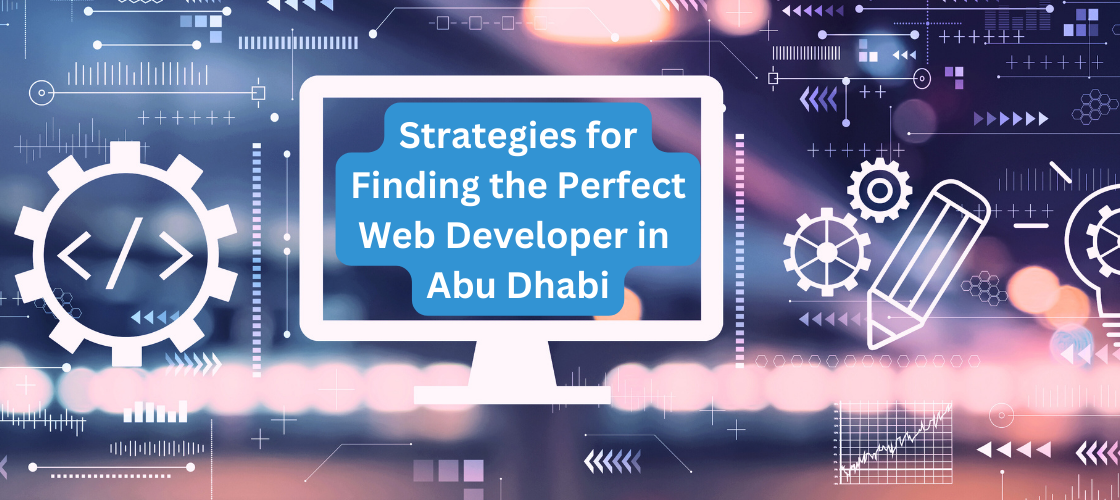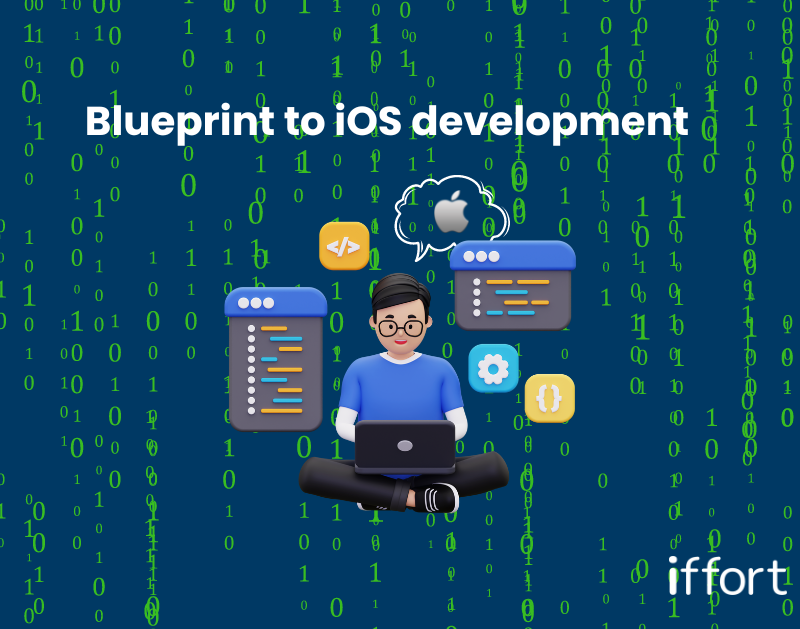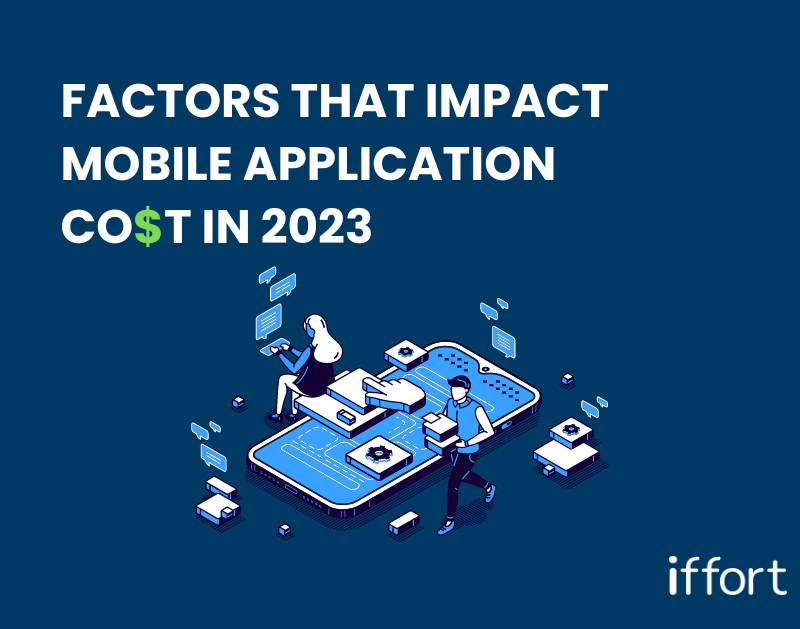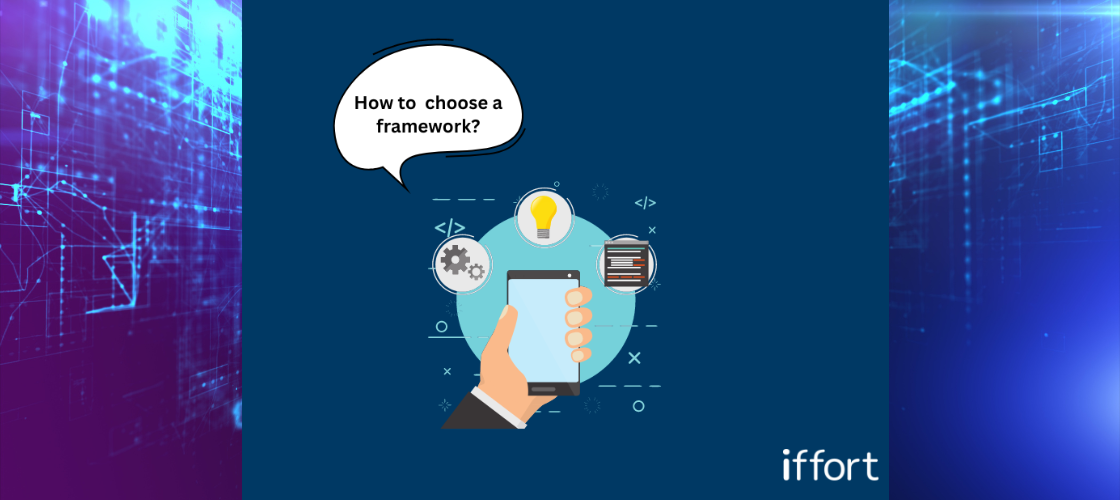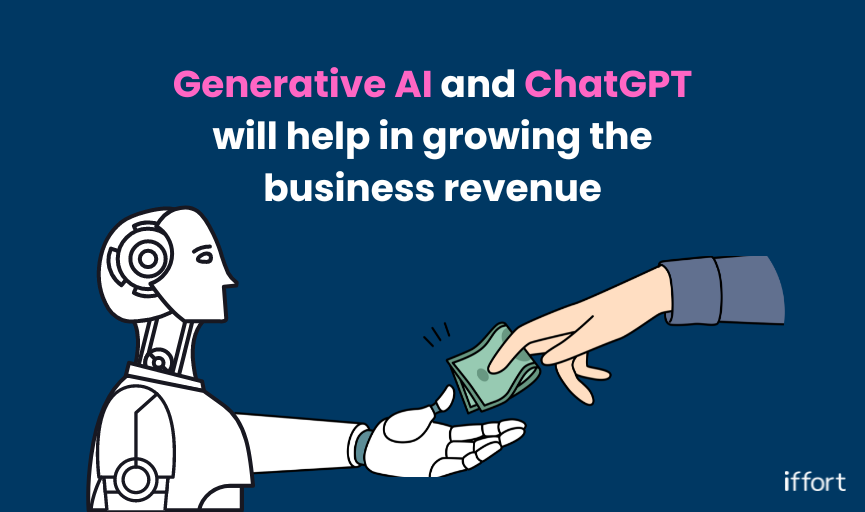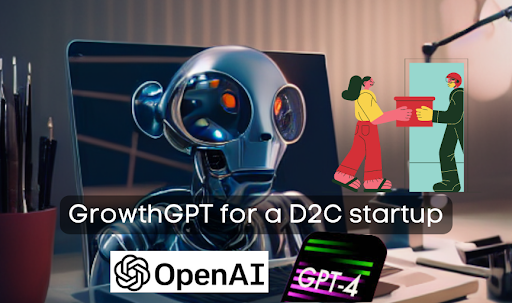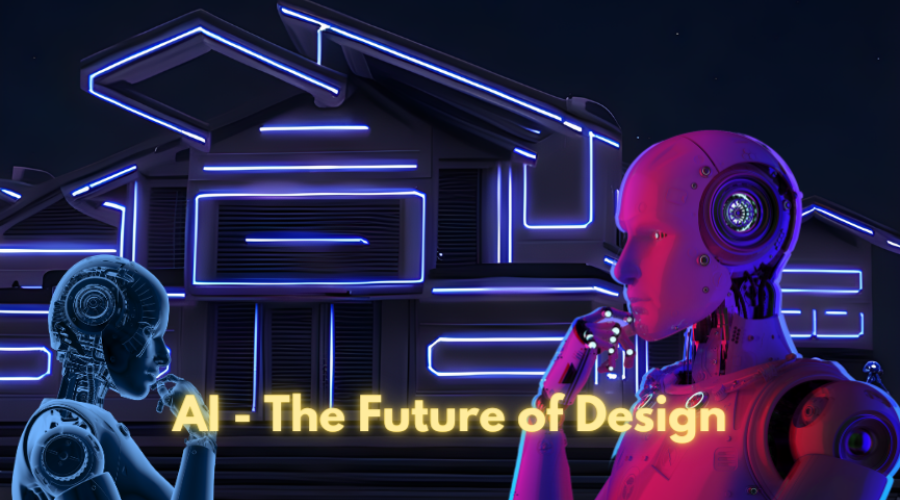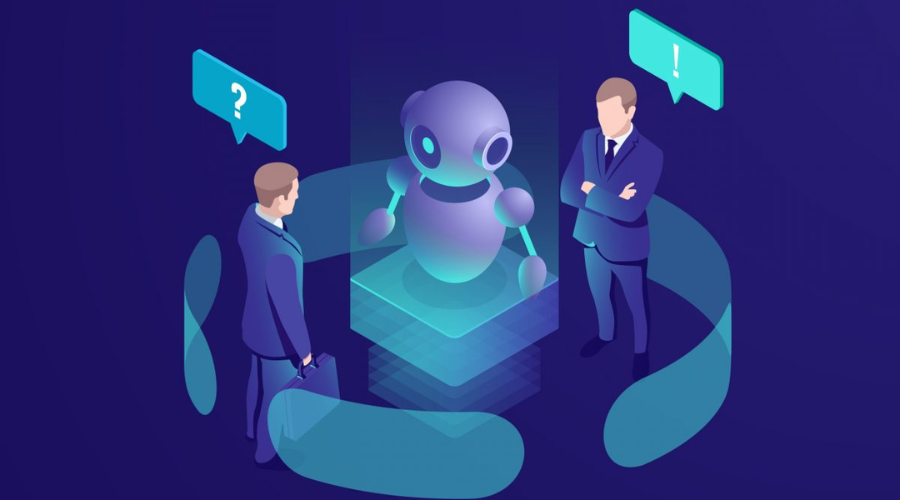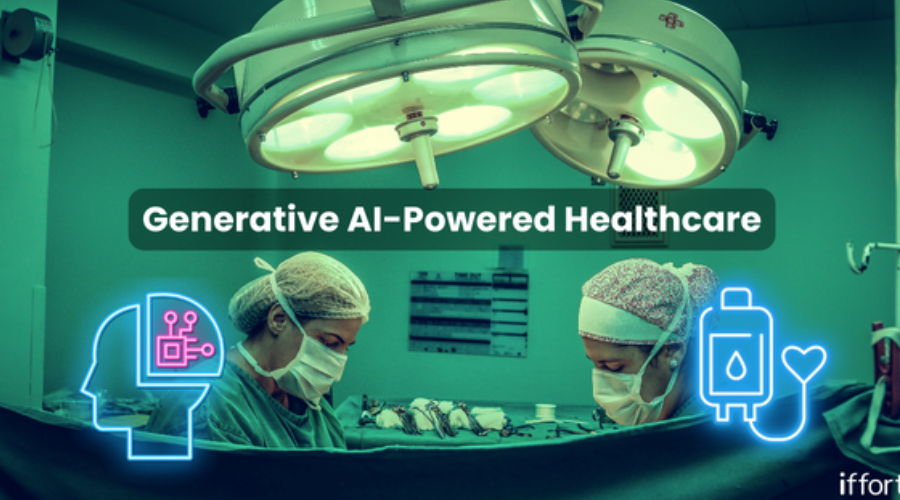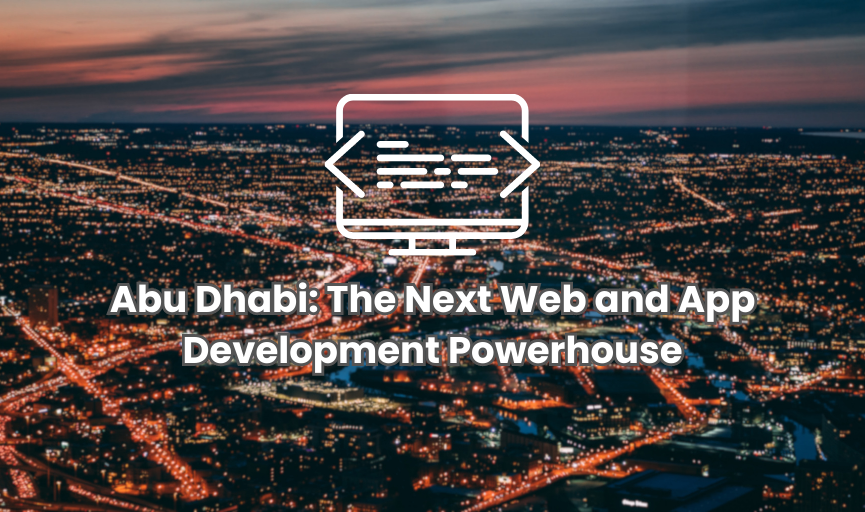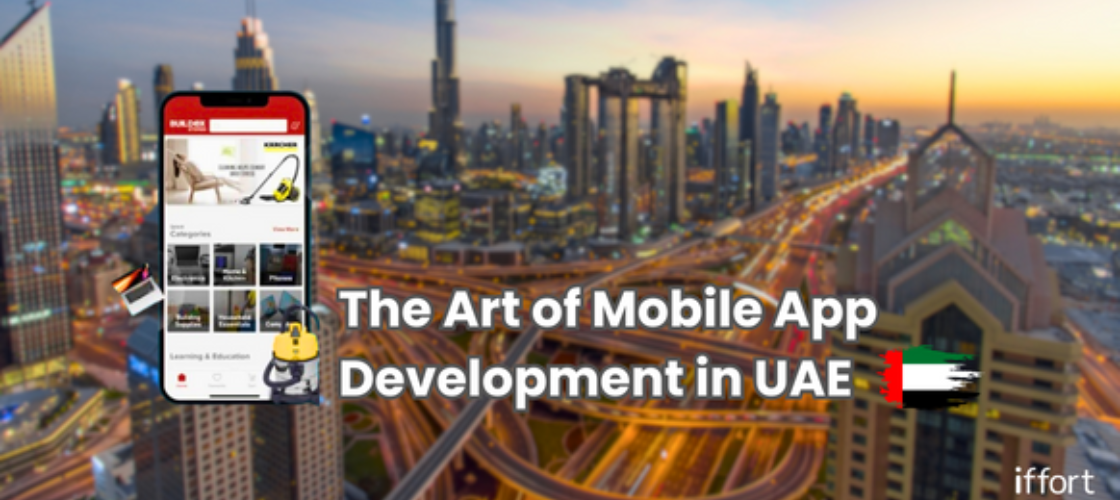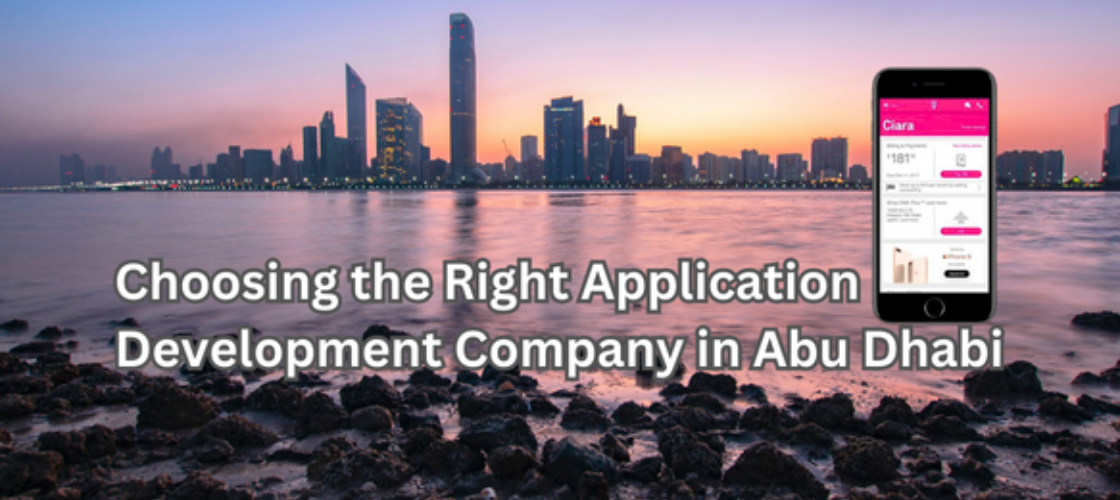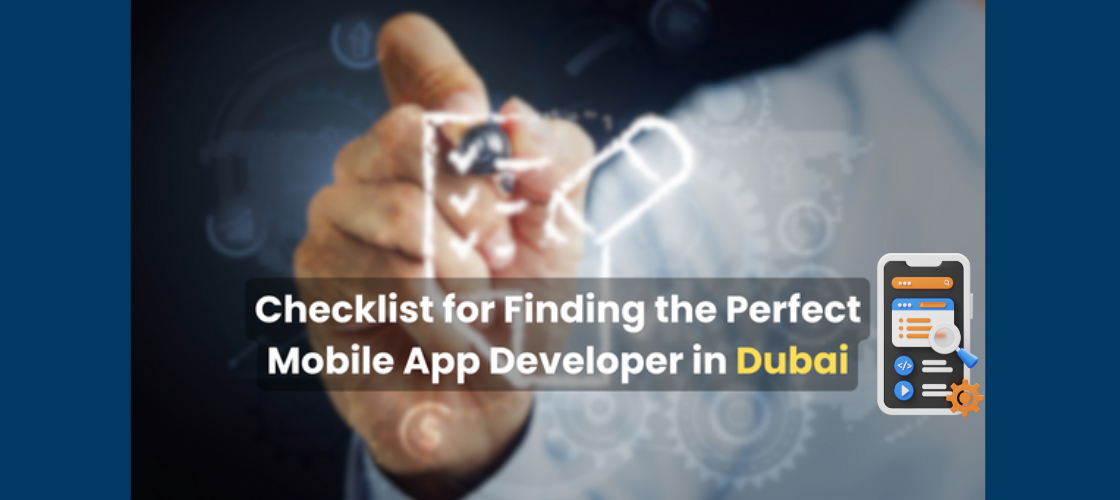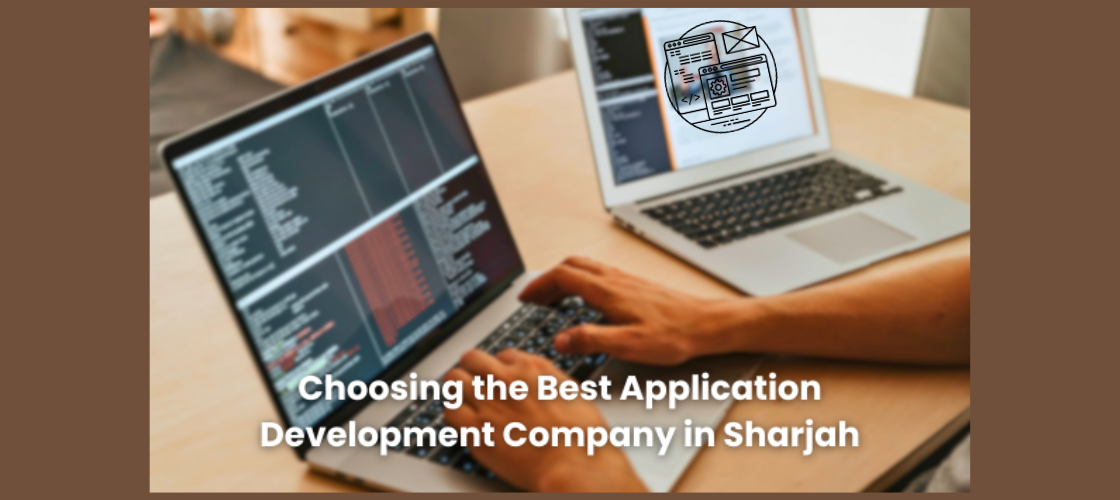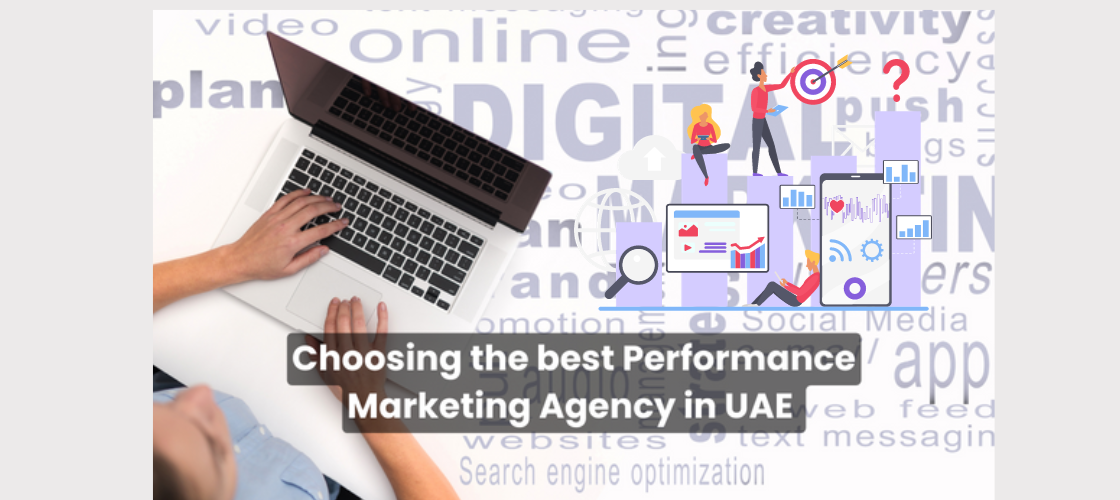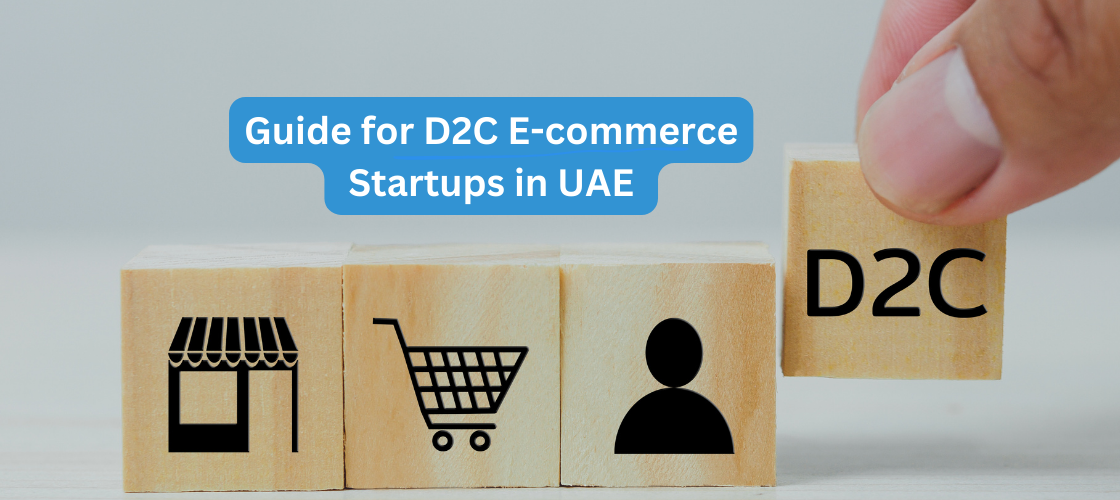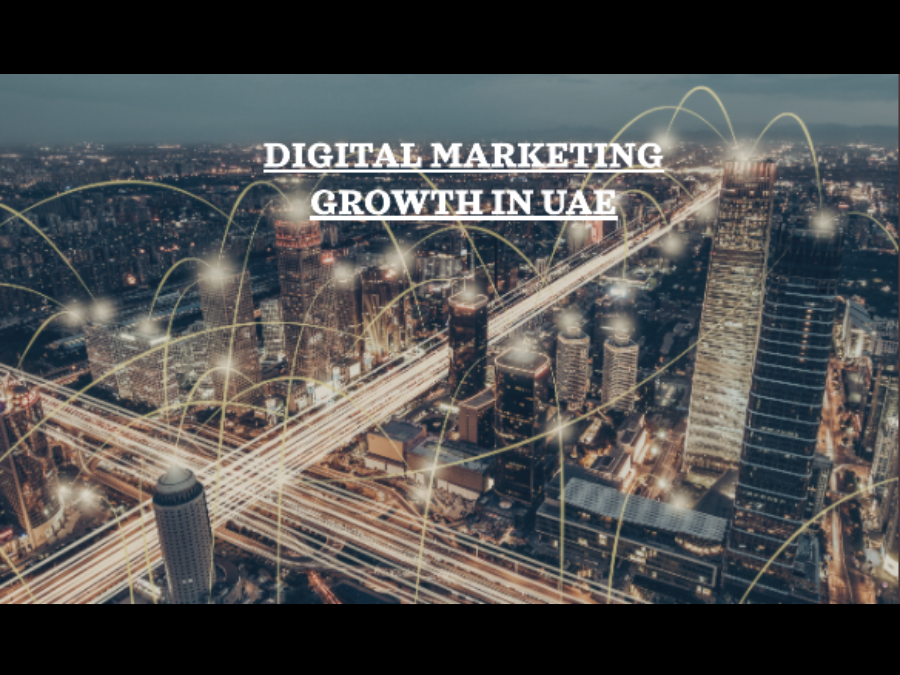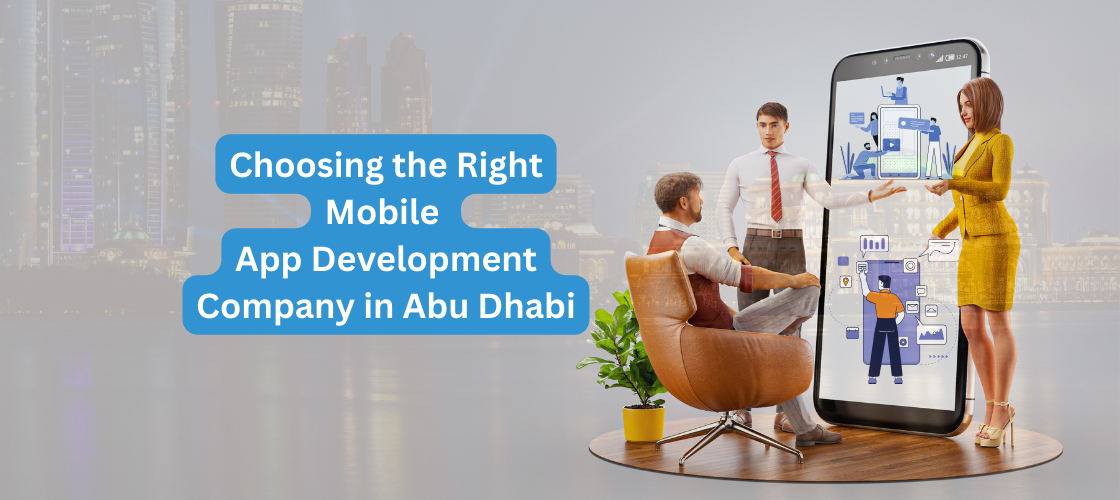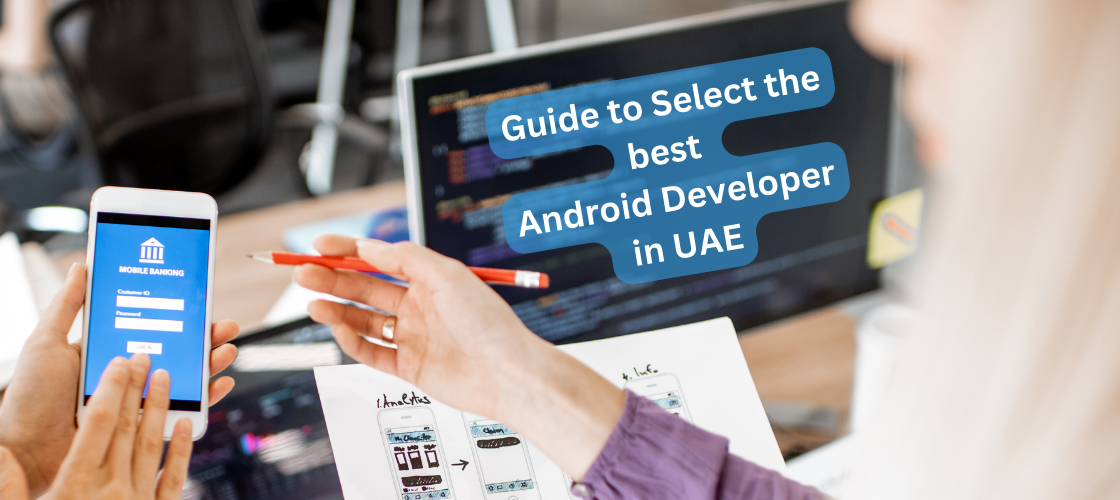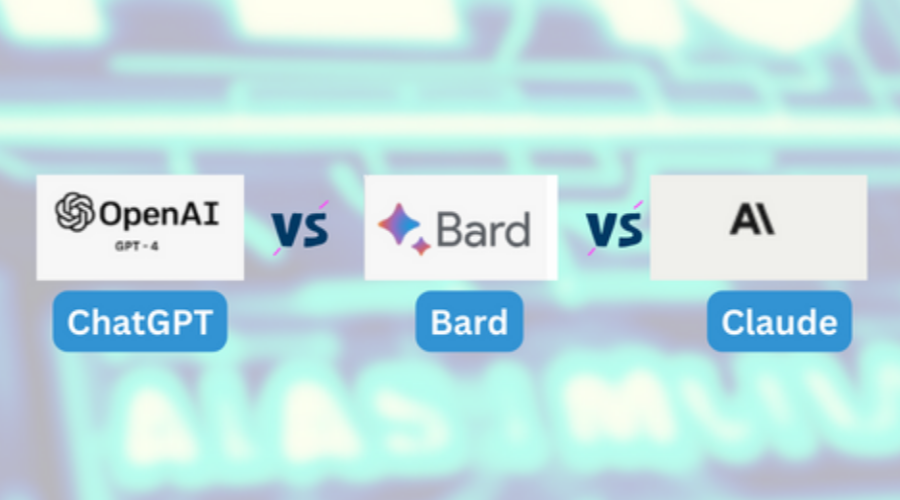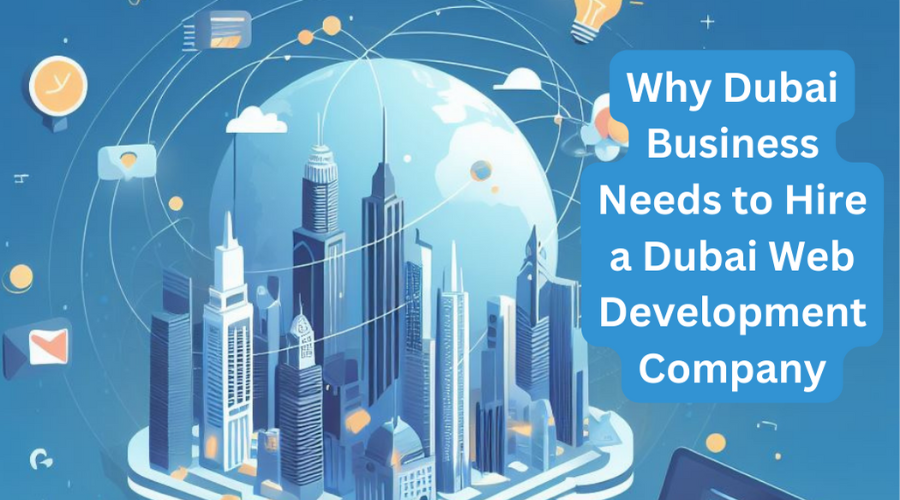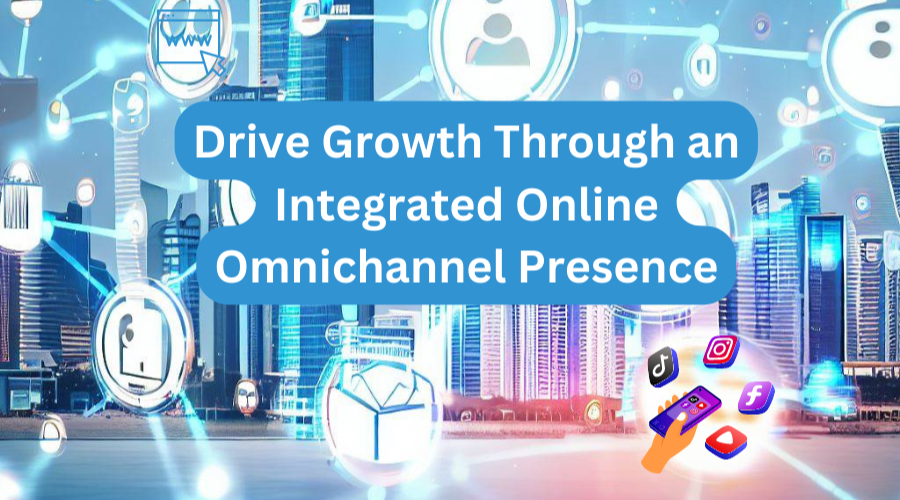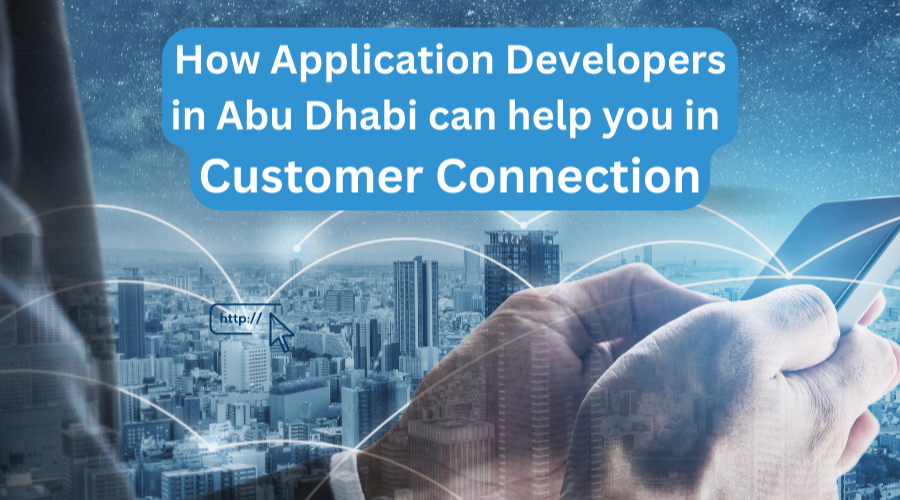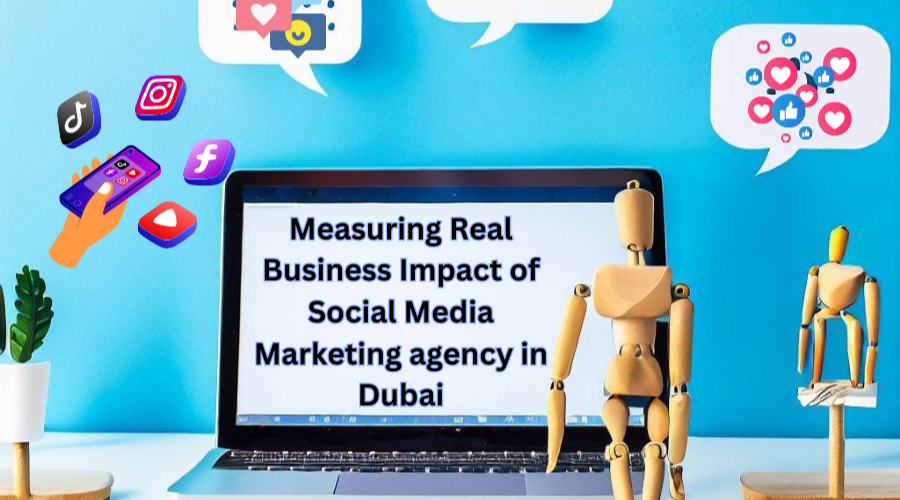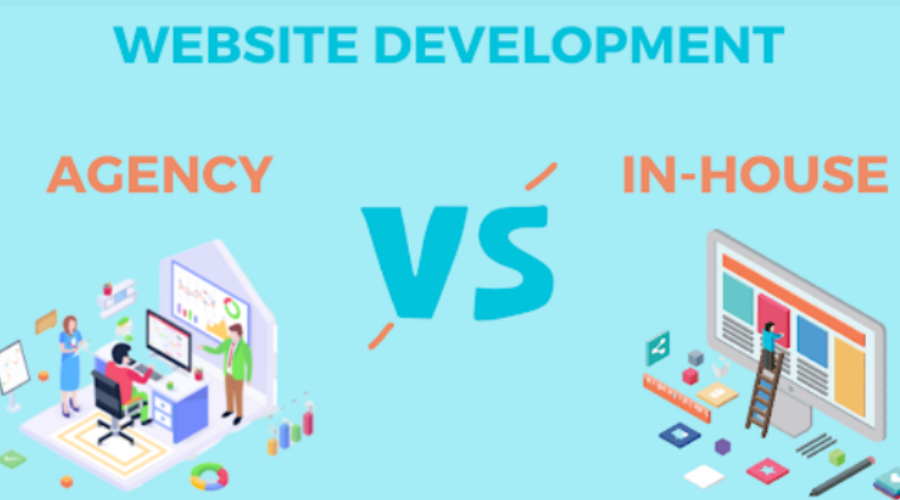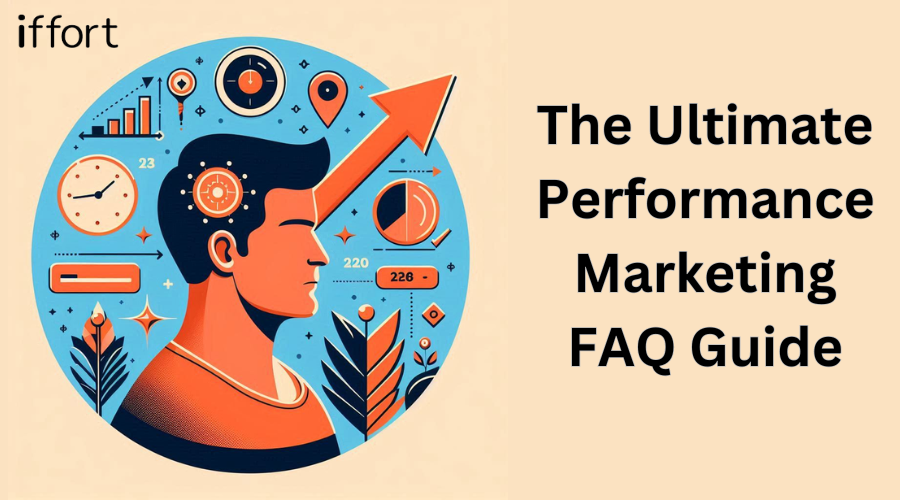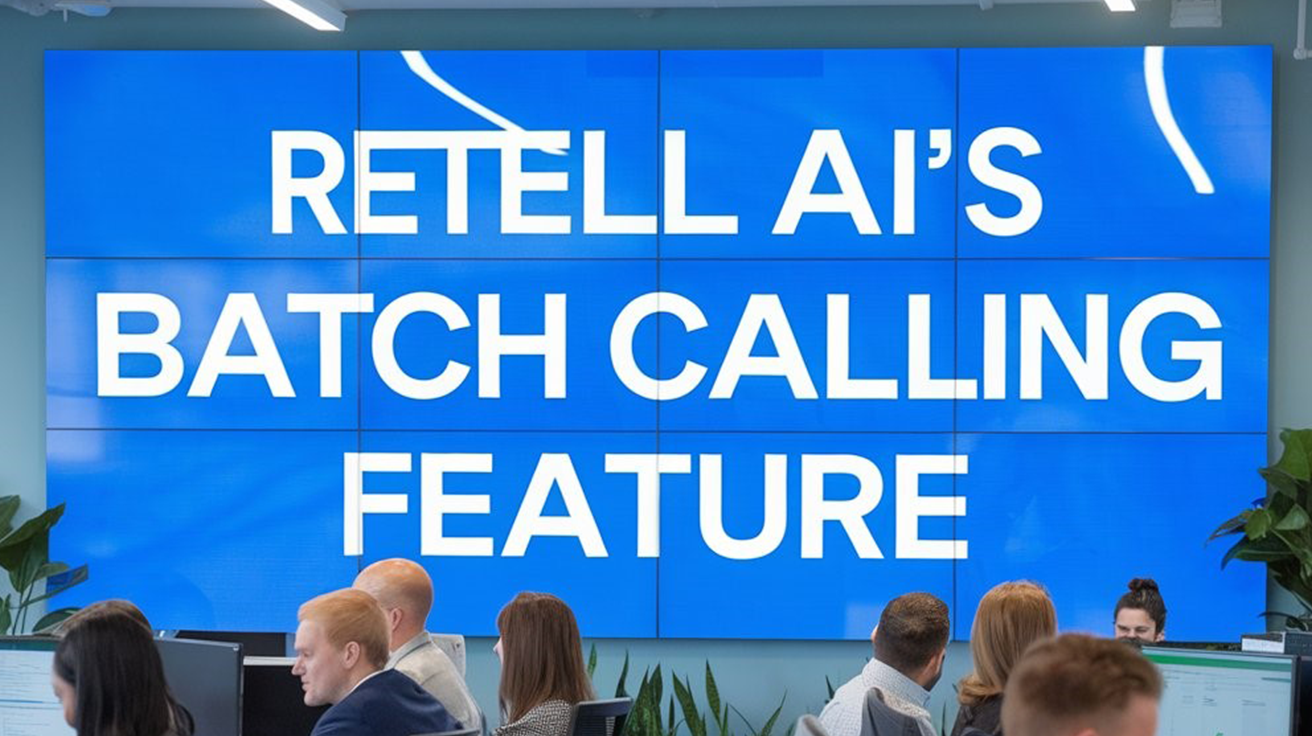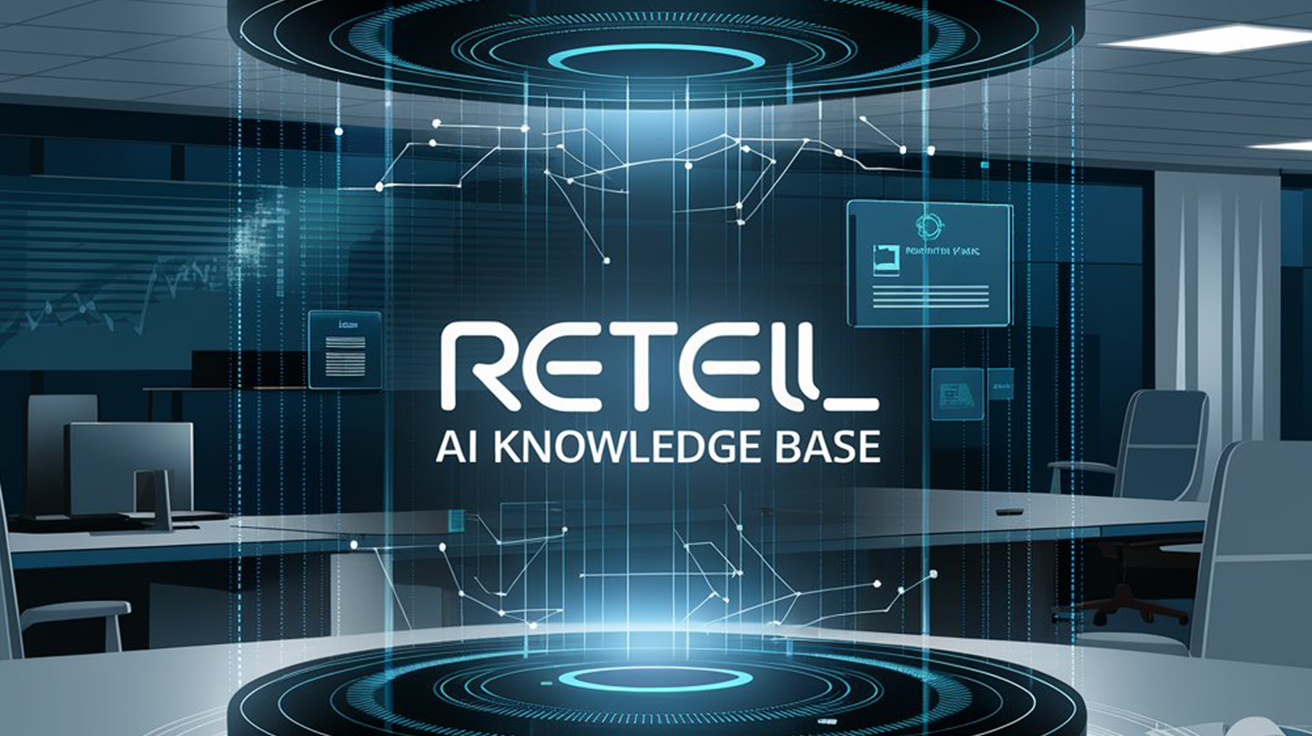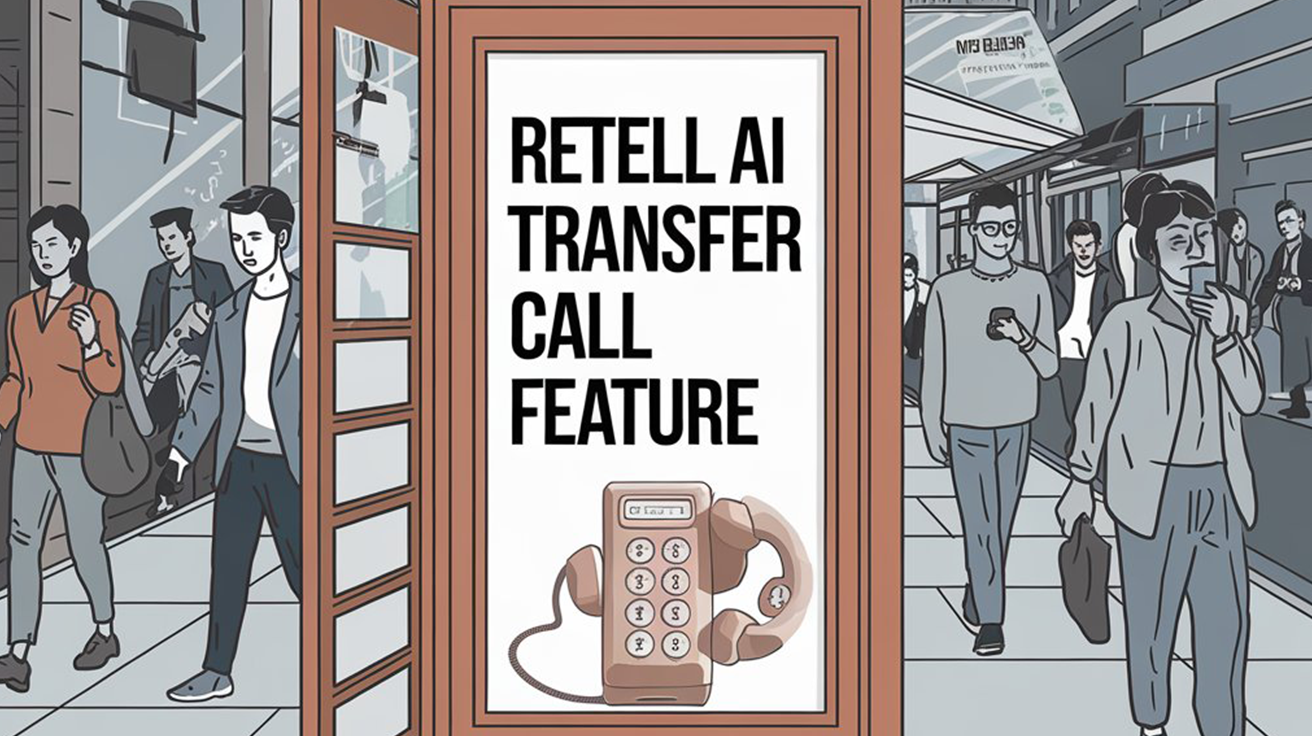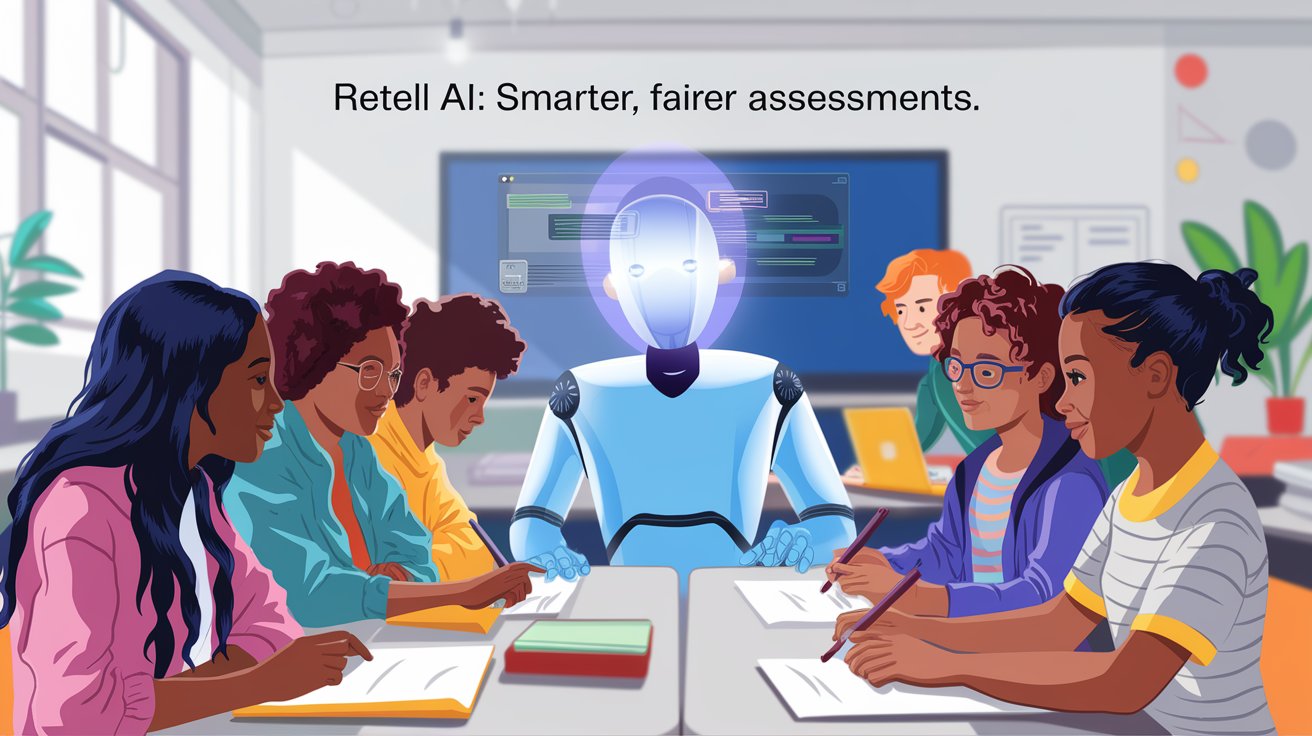- Blog
- Exploring the Role of Generative AI in Personalised Learning and Curriculum Development
- AI Articles , Articles ,
- April 13, 2023
As technology continues to revolutionise every aspect of our lives, it’s no surprise that education is also undergoing a major transformation. Personalised learning and curriculum development have emerged as key areas of focus for educators looking to improve student outcomes and prepare students for the future.
Personalised learning has been a buzzword in education for years, but until recently, it was difficult to achieve at scale as it involves tailoring education to the individual needs, interests, and abilities of each student. This approach recognises that no two students are alike and that traditional “one-size-fits-all” teaching methods may not be effective for everyone.
Curriculum development, on the other hand, is the process of creating a set of learning goals, content, and assessments for a specific course or subject. Effective curriculum development is essential for ensuring that students acquire the knowledge and skills they need to succeed in the real world.
However, implementing AI in personalised learning and curriculum development is not without its challenges. Educators must balance the need for individualisation with the practical constraints of limited time and resources. They must also ensure that their teaching methods are effective and aligned with state and national standards.
In this blog post, we’ll explore the many ways that generative AI is transforming personalised learning and curriculum development in the education system. We’ll look at real-world examples of AI applications in ed-tech and examine the unique features and benefits of each. Additionally, we’ll also discuss the challenges involved in balancing different factors and explore the ethical considerations of using AI technologies in the education system.
AI in education: generating personalised curriculums for students
When it comes to personalised learning and curriculum development, generative AI can be used to create customised learning paths for individual students based on their unique learning needs and interests. One way institutes and businesses can use generative AI i.e artificial intelligence in education is to analyse student data, such as test scores, learning styles, and behavioural data, to create personalised curriculums for each student. This can help ensure that each student receives the instruction they need to succeed and can help identify areas where they may need additional support.
Here are three real-world examples of how institutes and businesses are using generative AI to generate personalised curriculums for students:
- Coursera: With the mandatory shutdown of non-essential institutions in response to COVID 19, startups such as Coursera launched initiatives to respond to the pandemic. To continue to enable universities to enable learning, in March 2020, Coursera launched CourseMatch, an AI tool to help match courses on Coursera with courses from on-campus catalogues. This uses natural language techniques and pre-trained word embeddings to find Coursera courses that are most semantically similar to on-campus courses in the school’s publicly available catalogue. Apart from helping solve the challenge of providing instruction to students with different learning levels, the tool can also be beneficial for universities that require quick online solutions without much human intervention
- Embibe: Embibe is an AI-enabled learning platform that offers personalised learning and practice to students, making the learning process more effective and engaging. An app that provides a 3D interactive learning experience to students, Embibe offers content related to various courses, in the form of 3D slideshows and videos, which helps students understand each topic clearly without having to memorize them. Suitable for students in classes 6-12, as well as students preparing for various entrance exams, competitive exams, and government exams, it offers courses for national and state boards of India, and other exams. Through the use of machine learning and AI, Embibe offers a personalizsed learning experience to students. By understanding the current knowledge base and learning pattern of each student, it suggests a customized learning path that allows them to learn at their own pace. Students can also practice the concepts learned through a wide range of practice questions, get guidance from an AI Bot named ‘MB’, take tests, and receive personalised feedback via the app.
- Carnegie Learning: Carnegie Learning has been developing AI to improve learning since the 1980s, with researchers from Carnegie Mellon University designing the first intelligent math tutor that evolved into Mathiia platform, which is a math learning software that uses AI and cognitive science to personalise learning for each student, providing a 1:1 personalised learning experience. Imagine when teachers can identify which student is feeling stuck, needs support and at what time. That’s what LiveLab helps with. A live facilitation tool, it helps teachers manage students working in MATHia during a classroom lab, providing real-time data to determine which students may need additional support. LiveLab uses machine learning to determine which students are most likely to benefit from immediate teacher intervention and pinpoint specific cognitive skills preventing students from hitting content progression milestones.
Exploring Ways to Utilise Generative AI to Enhance Student Experiences
When it comes to utilising Generative AI to enhance student knowledge and experiences, there are various approaches that institutes and businesses can take. Here are some of the ways to utilise Generative AI for this purpose:
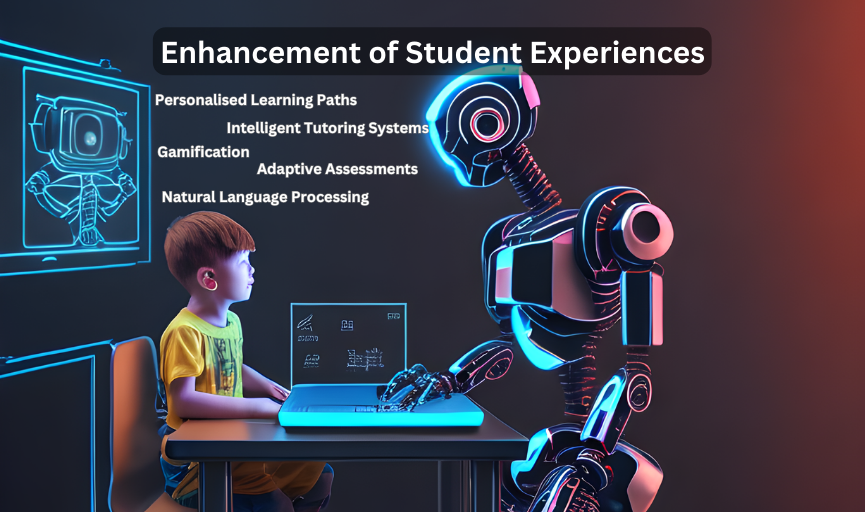
- Personalised Learning Paths: Institutes and businesses can use Generative AI algorithms to create personalised learning paths for students. These AI algorithms can analyse student data such as performance history, learning preferences, and areas of interest to create customised learning paths that adapt in real-time to the individual needs of each and every student.
- Intelligent Tutoring Systems: AI-powered intelligent tutoring systems can provide personalised feedback and support to students as they learn. These systems can analyse student responses to identify areas where they may be struggling, and provide targeted guidance and feedback to guide them overcome these challenges.
- Gamification: Gamification is a technique that uses game-like elements such as points, badges, and leaderboards to motivate and engage students. Generative AI algorithms can be used to create personalised gamified experiences that adapt to each student’s learning style and preferences.
- Adaptive Assessments: Traditional assessments often fail to accurately measure student learning because they are not personalised to the individual student. Generative AI algorithms can be used to create adaptive assessments that adjust the difficulty of questions based on the student’s performance, providing a more accurate measure of their understanding.
- Natural Language Processing: Natural language processing (NLP) is a subfield of AI that focuses on understanding and processing human language. As the use of AI in education is in demand, NLP can be used to create intelligent chatbots and virtual assistants that can interact with students in a conversational manner, providing personalised support and guidance.
By leveraging the power of AI, institutes and businesses can create learning environments that are tailored to the needs and preferences of each individual student, leading to improved learning outcomes and greater student success.
Potential Challenges Associated with Generative AI and Personalised Learning
While Generative AI has the potential to revolutionise personalised learning, there are several challenges that institutes and businesses must be aware of. Here are some potential challenges associated with AI in education and personalised learning:
- Data Privacy and Security: To generate personalised curriculums and learning experiences, Generative AI algorithms need access to large amounts of student data. This data includes sensitive information such as performance history, learning preferences, and personal information. Ensuring the security and privacy of this data is critical to prevent data breaches and maintaining student trust.
- Bias and Fairness: Generative AI algorithms can be biased if they are trained on biased data. This can lead to unequal learning outcomes and perpetuate existing inequalities in education. Ensuring that Generative AI algorithms are trained on diverse and representative datasets is critical to prevent bias and ensure fairness.
- Implementation and Adoption: Implementing Generative AI technology requires significant investment and resources. Additionally, there may be resistance from educators and students who are unfamiliar with this technology. Institutes and businesses must ensure that they have the necessary infrastructure and support to successfully implement and adopt Generative AI technology.
- Ethical Considerations: As AI technology becomes more advanced, there are growing concerns about the ethical implications of its use in education. For example, some worry that AI-powered educational systems could replace human teachers, or that they may be used to collect and analyse data on students without their consent.
- Lack of Human Interaction: While Generative AI can provide personalised learning experiences, it cannot replace the value of human interaction. Students need human feedback, support, and guidance to develop critical thinking skills and emotional intelligence. Institutes and businesses must ensure that they strike the right balance between personalised AI-driven experiences and human interaction.
The best practices for developing personalised curriculums with Generative AI are as follows :
When developing personalised curriculums with Generative AI, it is important to follow best practices to ensure that the curriculum is effective and ethical. Here are some best practices to consider:
- Start with clear learning objectives: Begin by identifying the learning objectives of the curriculum. This will help you determine what data is necessary to develop a personalised curriculum and ensure that the curriculum is effective.
- Use diverse and representative data: It is important to use diverse and representative data to prevent bias and ensure that the curriculum is fair for all students.
- Incorporate human feedback: While Generative AI can provide personalised recommendations, it is important to incorporate human feedback to ensure that the recommendations are effective and relevant.
- Continuously evaluate and refine the curriculum: As students interact with the personalised curriculum, it is important to continuously evaluate and refine the curriculum to ensure that it remains effective.
- Maintain privacy and security: Protect student privacy and data security by implementing appropriate security measures to prevent data breaches and ensure that student data is used ethically.
By following all the above best practices, educational institutes and businesses can develop personalised curriculums that leverage the power of Generative AI while also ensuring that they are ethical, effective, and beneficial for each and every student.
Want to collaborate and explore business opportunities?
Looking to leverage the power of Generative AI to personalize learning and enhance student experiences? Partner with us at Iffort to explore how Generative AI can revolutionize the education industry. Our team of experts can help you identify the right AI solutions, implement them seamlessly, and ensure that you achieve your learning objectives. Contact us today to learn more and take the first step towards transforming your education system with Generative AI.

